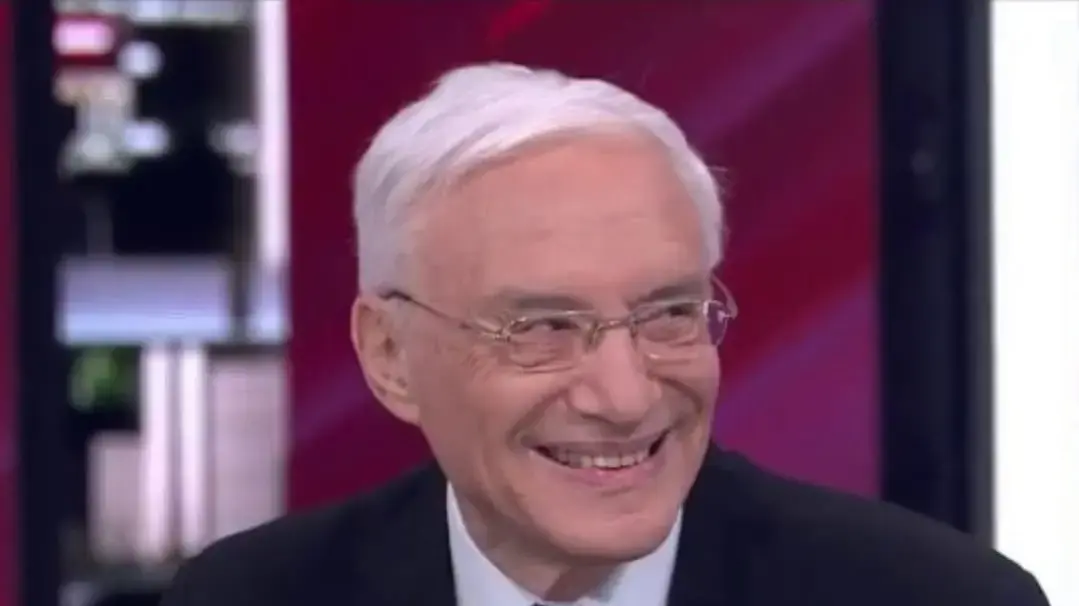Real Estate
The race for an apartment
The insane rise in apartment prices could have been prevented
Is the situation in which apartment prices rise disproportionately a necessity a reality?
Dr. Avichai Snir believes that with a little courage on the part of the Bank of Israel, it could have been avoided
Tags
housing prices
Bank of Israel
interest
Avichai Snir
Friday, 02 July 2021, 00:23 Updated: 00:42
Share on Facebook
Share on WhatsApp
Share on general
Share on general
Share on Twitter
Share on Email
0 comments
Real Estate (Photo: Reuven Castro)
The Supervisor of Banks this week published a draft of new guidelines. According to the draft, bank customers will not be able to take out a mortgage on an existing apartment to finance the equity required to purchase a new apartment. If the draft becomes a binding directive, it will make it difficult for investors and housing improvers because they will not be able to raise the equity required to purchase a new apartment with the help of a mortgage on the existing apartment.
When I read about the new supervision directive, I was reminded of a conversation I had with a former senior official at the Bank of Israel.
We met by chance in a corridor, and he asked me what I thought of the Bank of Israel's policy regarding the housing market.
I stammered something evasive, and he listened politely for a minute or two.
He went on to say: "I think Governor Fischer was a coward. Under the conditions in 2008, lowering interest rates was justified. But when the governor understood what was happening in the real estate market, the Bank of Israel had to issue specific guidelines on interest rates in the real estate market. If the governor had the courage, the Bank of Israel would issue a directive not to give mortgages at an interest rate that is less than any minimum interest rate - let's say he would keep the mortgage interest rate around 4% per year, as it was before apartment prices began to rise. "We were in the situation we are in today; apartment prices were much lower."
More on Walla!
This is what the perpetual election has done to the economy - hopefully it's over
To the full article
I admit I was surprised.
It took me a moment to respond, and then I replied that I did not believe that the Bank of Israel was able to withstand the public pressure that such a directive would provoke.
He smiled and replied that I was right: if the Bank of Israel had issued such a directive, the contractors would run to the government to complain that the Bank of Israel was destroying them, and consumers would run to the government to complain that precisely when interest rates fall, the Bank of Israel prevents them from buying an apartment.
Supply could be compared to demand
Finally, my interlocutor raised his finger and said, "In the end, it is very difficult to be the bad guy who prevents good citizens from buying an apartment. But if the Bank of Israel had left interest rates high, then on the one hand contractors would have been better off building, because the interest rate they could raise Money would go down.On the other hand, the public could not pay too high prices, because when interest rates were high, people could not take out too large a loan.Therefore, the supply of apartments would increase at almost the same rate as demand increased, and apartment prices would probably rise, but only At the level of the wage increase, and not in the crazy way we have been seeing since 2009. "
I think he was right in his analysis.
He was also right when he argued that the Bank of Israel's attempts to cool these housing markets are not really a substitute for raising interest rates in the mortgage market.
The experience of the last 12 years shows that the restrictions of the Bank of Israel are unable to stop the rise in prices.
More than that: whenever prices rise to a level that people find it difficult to pay, the Bank of Israel recalls that its really big concern is that the housing market will collapse and banks will get stuck with a huge amount of loans for a dysfunctional industry.
The result is that whenever the Bank of Israel's restrictions succeed, at least for a moment, in cooling the housing market, the Bank of Israel cancels them.
This is what happened, for example, to the limitation on taking out a variable rate loan - once there was a slowdown in the housing market, that limitation disappeared.
I suspect that the fate of the current attempt to cool the housing market will be similar.
Dr. Avichai Snir - Netanya Academic College and Bar-Ilan University
Share on Facebook
Share on WhatsApp
Share on general
Share on general
Share on Twitter
Share on Email
0 comments















